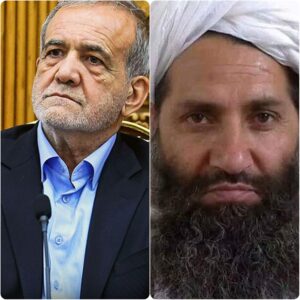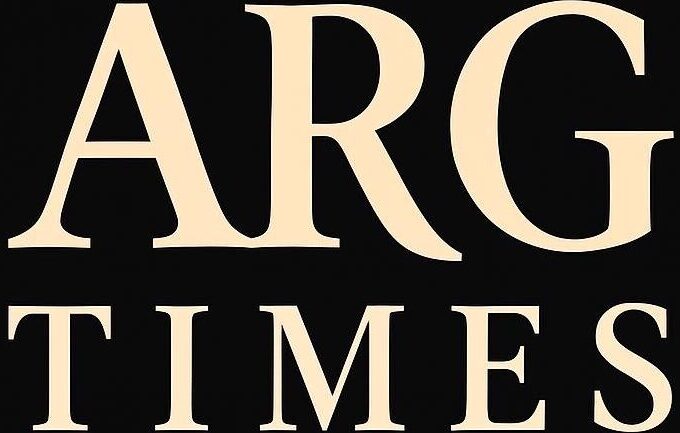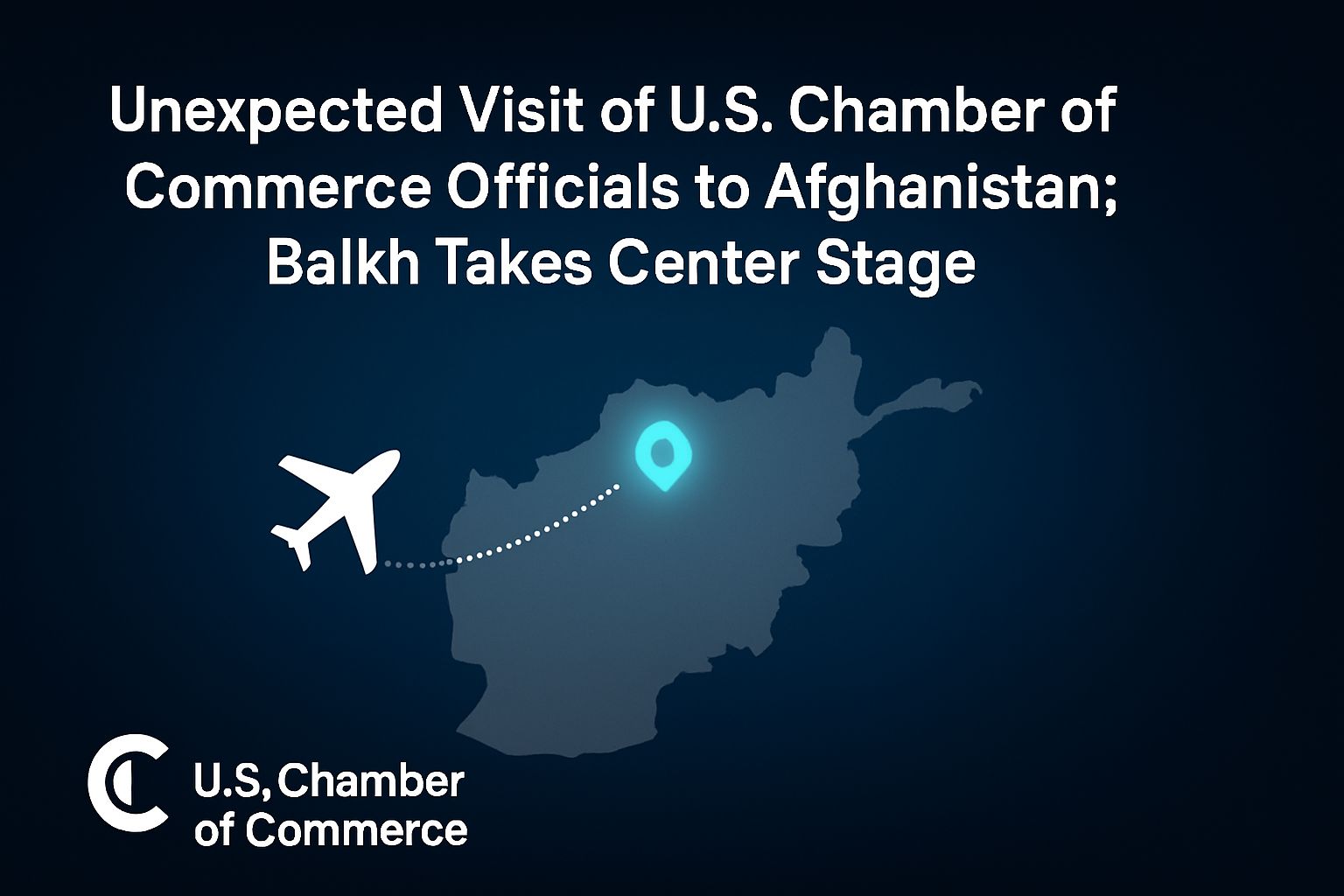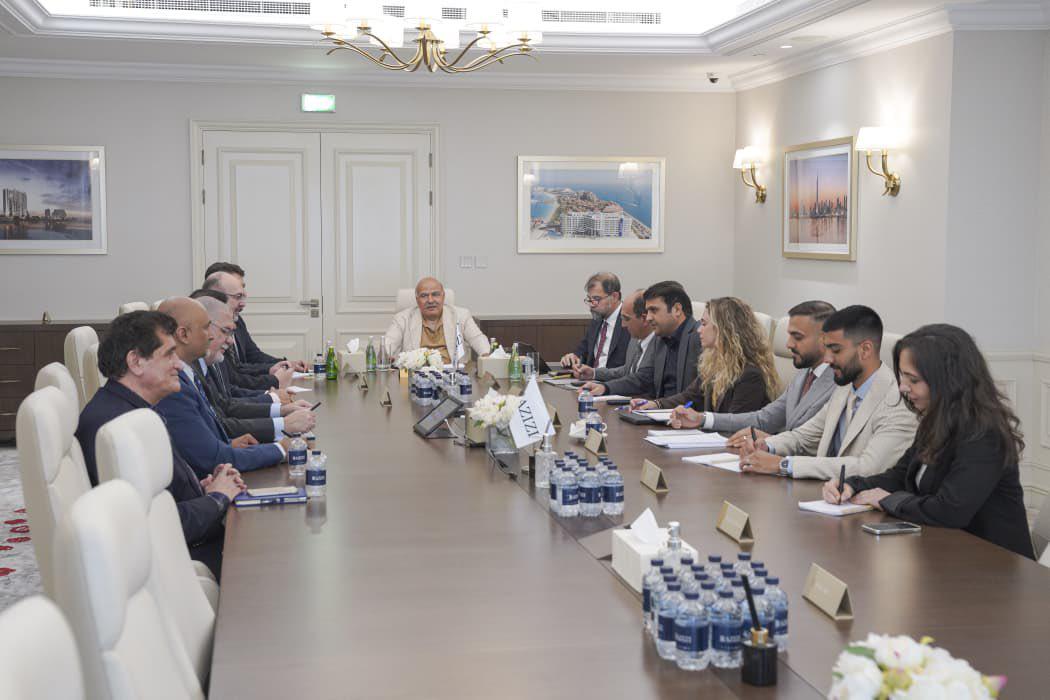
Mohammad Reza Farhangpour | ARG News Correspondent – Denmark
Introduction
Iran’s newly elected President, Masoud Pezeshkian, has announced his willingness to make an official visit to Afghanistan. This comes at a time when the relationship between the Islamic Republic and the Taliban appears to be moving toward normalization.
The timing, however, is highly controversial. The Taliban government remains unrecognized by any major country, and its rule has been marked by systemic human rights violations, the suppression of women, ethnic discrimination, and the dismantling of civil institutions.
In this context, Amrullah Saleh, former Vice President of Afghanistan, sarcastically warned Pezeshkian: “Don’t forget your translator — the Taliban do not speak your language.”
Beneath this ironic remark lies a deeper truth: Iran and the Taliban are not only divided linguistically, but also culturally, politically, and ideologically. Despite this, the Iranian government seems increasingly eager to legitimize and engage with a regime that thrives on repression and exclusion.
Analysis: Language, Legitimacy, and Terror
۱. The Taliban Do Not Speak Iran’s Language — Literally or Figuratively
The Taliban leadership is predominantly Pashto-speaking, and their relationship with Persian (Dari) — the cultural and majority language of urban Afghanistan — is historically antagonistic. In recent years, the group has removed Persian from government signage, censored Persian-language media, banned Nowruz celebrations, and sought to erase elements of Persian cultural identity.
President Pezeshkian’s proposed visit to Kabul, if made without acknowledging this linguistic and cultural hostility, risks appearing naïve at best — or willfully blind at worst.
Amrullah Saleh’s comment about the need for a translator is not just a political jab; it underscores the illusion of shared values. Iran and the Taliban do not speak the same political language — not in their understanding of the state, society, justice, or even faith.
۲. Engaging the Taliban: Diplomacy or Normalizing Extremism?
Despite their attempts to present themselves as a government, the Taliban remain on many international terrorism watchlists. The Haqqani Network, a key faction within the group, still maintains ties with al-Qaeda. Assassinations of journalists, disappearances of women’s rights activists, and the systematic dismantling of education for girls are all well-documented realities of Taliban rule.
If President Pezeshkian proceeds with this trip without demanding concrete human rights guarantees, including the return of girls to schools and an end to ethnic and linguistic repression, the visit will amount to nothing short of legitimizing extremism.
Rather than opening a “new chapter” in bilateral relations, such a move would validate a regime of violence, exclusion, and authoritarian control.
۳. Iran’s Contradictory Stance on Extremism
While Iran has been expelling tens of thousands of Afghan migrants and cracking down on Afghan activists within its borders, it is simultaneously seeking closer ties with a regime that persecutes Persian speakers and Shia minorities.
In the past, the Islamic Republic expressed strong opposition to the Taliban’s sectarian violence. Today, it seems to be shifting course, trying to frame the Taliban as a strategic partner — even though they stand ideologically and theologically opposed to the values the Iranian state claims to uphold.
This contradiction exposes the short-sighted and unstable nature of Iran’s foreign policy. It raises serious questions about how far the regime is willing to go to secure regional influence — even at the cost of empowering groups that threaten Iran’s own cultural and security interests.
⸻
Conclusion
President Pezeshkian’s potential visit to Kabul is not merely a diplomatic gesture — it is a moral and strategic test.
If the trip is made without confronting the Taliban on their human rights abuses, systemic discrimination, and authoritarianism, Iran will find itself complicit in normalizing a regime that is not only at war with its own people but also fundamentally incompatible with Iran’s culture, values, and long-term interests.
Mr. Pezeshkian — don’t forget your Pashto translator.
Not just to translate words, but to understand what lies beneath the Taliban’s armed silence.
Mohammad Reza Farhangpour
ARG News Correspondent – Denmark



